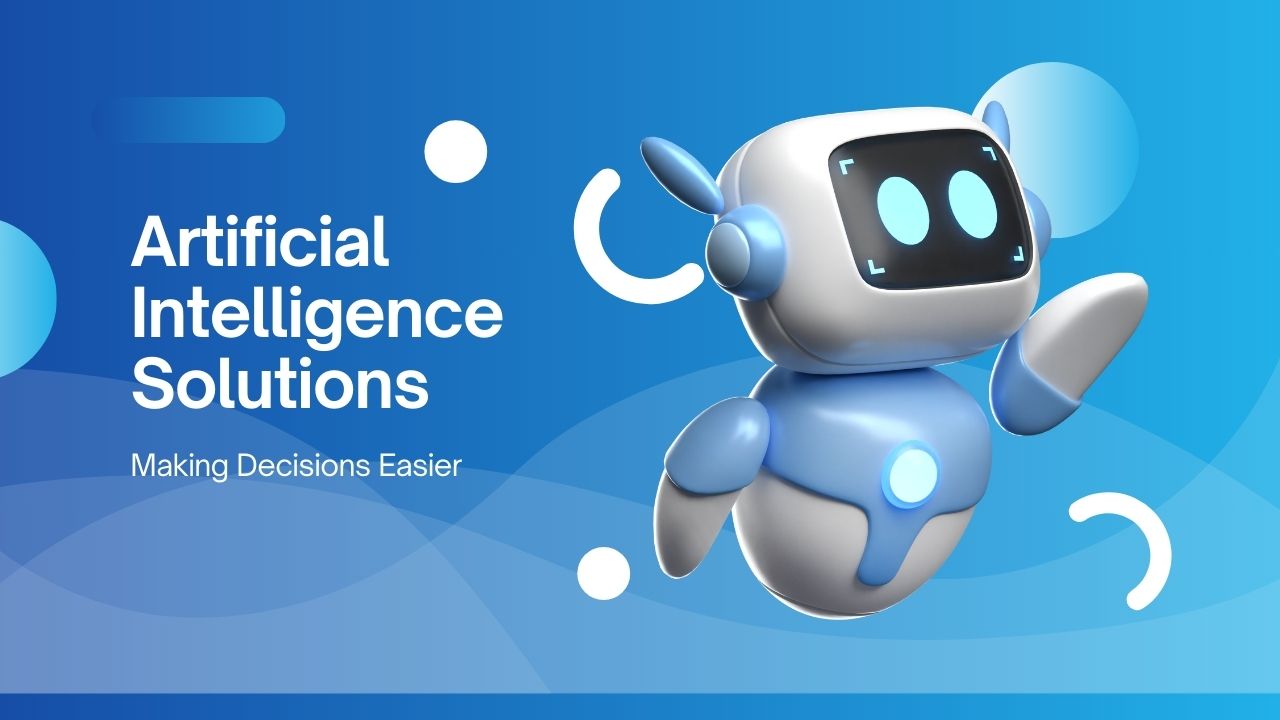Why Should AI Companion Apps Prioritize Emotional Intelligence

Artificial Intelligence (AI) is transforming industries, and one of the most intriguing developments is AI-based companion apps. These apps, designed to mimic human companionship, are becoming increasingly popular.
However, one area where they can significantly improve is emotional intelligence (EI). Emotional intelligence is the ability to recognize, understand, and respond to emotions effectively. For AI-based companion apps to provide a truly meaningful and engaging experience, they must focus on EI.
This article explores why emotional intelligence is crucial in AI companion apps and how it can benefit users by creating more personalized, human-like experiences.
What Is Emotional Intelligence?
Emotional intelligence refers to the capacity to perceive, control, and evaluate emotions, both in oneself and others. It’s a combination of emotional awareness, empathy, and interpersonal skills. In human relationships, emotional intelligence plays a vital role in building trust, understanding, and effective communication.
For AI companion apps like dreamGF AI clone apps incorporating emotional intelligence means teaching AI systems to recognize and respond appropriately to users’ emotional cues. It helps the AI develop a relationship that feels more natural and emotionally aware.
Importance of Emotional Intelligence in AI-Based Companion Apps
AI-based companion apps are primarily used to simulate human relationships. This could be for social companionship, therapy, or even entertainment. To create deeper connections with users, these apps need more than just logic-based interactions. Emotional intelligence makes the app more responsive, sensitive, and attentive to the user’s needs. Below are the key reasons why emotional intelligence is essential in AI companion apps:
1. Enhancing User Experience
An AI companion that recognizes emotions can significantly enhance the user experience. When an app responds empathetically to a user’s emotional state, it creates a more comfortable and engaging interaction. Users feel understood, which can lead to increased satisfaction and more consistent use of the app.
-
For instance, if a user is feeling down and shares their emotions with the AI, the companion should be able to recognize the sadness and offer comforting or supportive responses.
-
An AI companion that lacks emotional intelligence might provide inappropriate or robotic answers, reducing the quality of interaction.
2. Building Trust with Users
Trust is a crucial component of any relationship, including those formed with AI-based companions. When AI shows emotional intelligence, users are more likely to trust the system. Trust is built when users feel that the AI companion understands their emotions and responds accordingly.
-
For example, if a user expresses anxiety or stress, an emotionally intelligent AI companion can acknowledge these feelings and offer advice or calming suggestions.
-
This level of emotional understanding fosters a sense of security, encouraging users to open up more.
3. Fostering Long-Term Engagement
Apps that lack emotional intelligence tend to feel cold and mechanical, which can lead to users disengaging over time. In contrast, AI companions that adapt to the emotional state of users tend to foster long-term engagement. People naturally gravitate toward entities that understand them, making an emotionally intelligent AI companion more appealing.
-
Over time, as the AI learns more about the user’s emotional tendencies, it can offer tailored interactions that keep users coming back.
-
Whether it’s offering emotional support during tough times or celebrating small victories, the AI creates a meaningful interaction cycle.
4. Personalization and Emotional Context
Emotional intelligence in AI can offer greater levels of personalization. By recognizing a user’s emotional states and patterns, the AI can adjust its behavior and tone to match the user’s needs.
-
For example, if a user tends to get anxious during certain times of the day or week, the AI can preemptively offer calming advice or activities.
-
Similarly, if a user often feels lonely, the companion can proactively start conversations that provide comfort or support.
-
This level of personalization makes the AI companion more in tune with the user’s emotional context.
How AI Can Develop Emotional Intelligence
Developing emotional intelligence in AI is no simple task. It requires a combination of advanced algorithms, machine learning, and data collection to enable the system to recognize emotional cues and respond accordingly. Below are the key components of building emotional intelligence in AI companion apps:
1. Natural Language Processing (NLP)
Natural Language Processing is crucial for AI to understand and respond to human emotions. NLP allows AI to analyze words, tone, and sentence structure to gauge a user’s emotional state. For instance, if a user types “I’m feeling stressed,” NLP can identify the emotional context and trigger a relevant response.
-
Over time, AI can learn to differentiate between subtle emotional cues.
-
For example, “I’m fine” can have different meanings depending on context, tone, or previous conversations.
-
By refining its NLP capabilities, AI can become more emotionally intelligent in conversations.
2. Sentiment Analysis
Sentiment analysis enables AI to classify text as positive, negative, or neutral, allowing it to understand the general mood of a conversation. This can help the AI decide how to respond. For example, if a conversation turns negative, the AI companion might offer words of encouragement or suggest relaxing activities to improve the user’s mood.
-
Sentiment analysis also improves over time as the AI collects more data.
-
This allows the AI to adapt to the specific emotional responses of each individual user, improving the accuracy of emotional recognition.
3. Facial Recognition and Voice Analysis
For AI companions that use video or voice-based interfaces, emotional intelligence can be developed through facial recognition and voice analysis. These technologies can analyze facial expressions and tone of voice to assess a user’s emotional state.
-
For instance, an AI companion might notice that a user is frowning and adapt its responses to acknowledge that the user might be upset. Similarly, changes in a user’s voice pitch or speed can provide clues about their emotional state, prompting the AI to adjust its responses accordingly.
Challenges in Implementing Emotional Intelligence
Despite its many benefits, developing emotional intelligence in AI companion apps presents several challenges:
1. Accuracy in Emotional Recognition
While technologies like NLP and sentiment analysis are improving, they are still not perfect. Misinterpretation of emotions can lead to inappropriate or awkward responses from the AI companion, potentially frustrating users. Developers need to focus on refining these technologies to make emotional recognition more accurate.
2. Ethical Concerns
AI companions that are too emotionally aware can blur the lines between real and artificial relationships. Some users may form attachments that resemble real-life relationships, which raises ethical concerns. Developers need to carefully consider how much emotional intelligence is appropriate for AI solutions companies to avoid creating unhealthy emotional dependencies.
3. Data Privacy
To develop emotional intelligence, AI companions need access to a significant amount of user data. This raises privacy concerns, as users may not feel comfortable sharing personal or emotional information with an AI system. Ensuring data security and transparency in how user data is used is crucial to maintaining trust.
Conclusion
Emotional intelligence is an essential component of AI-based companion apps. It enhances user experience, fosters long-term engagement, and builds trust between users and the AI. By focusing on emotional intelligence, developers can create AI companions that feel more human-like and responsive to individual user needs. However, challenges like emotional accuracy and ethical concerns must be addressed as this technology continues to evolve.


